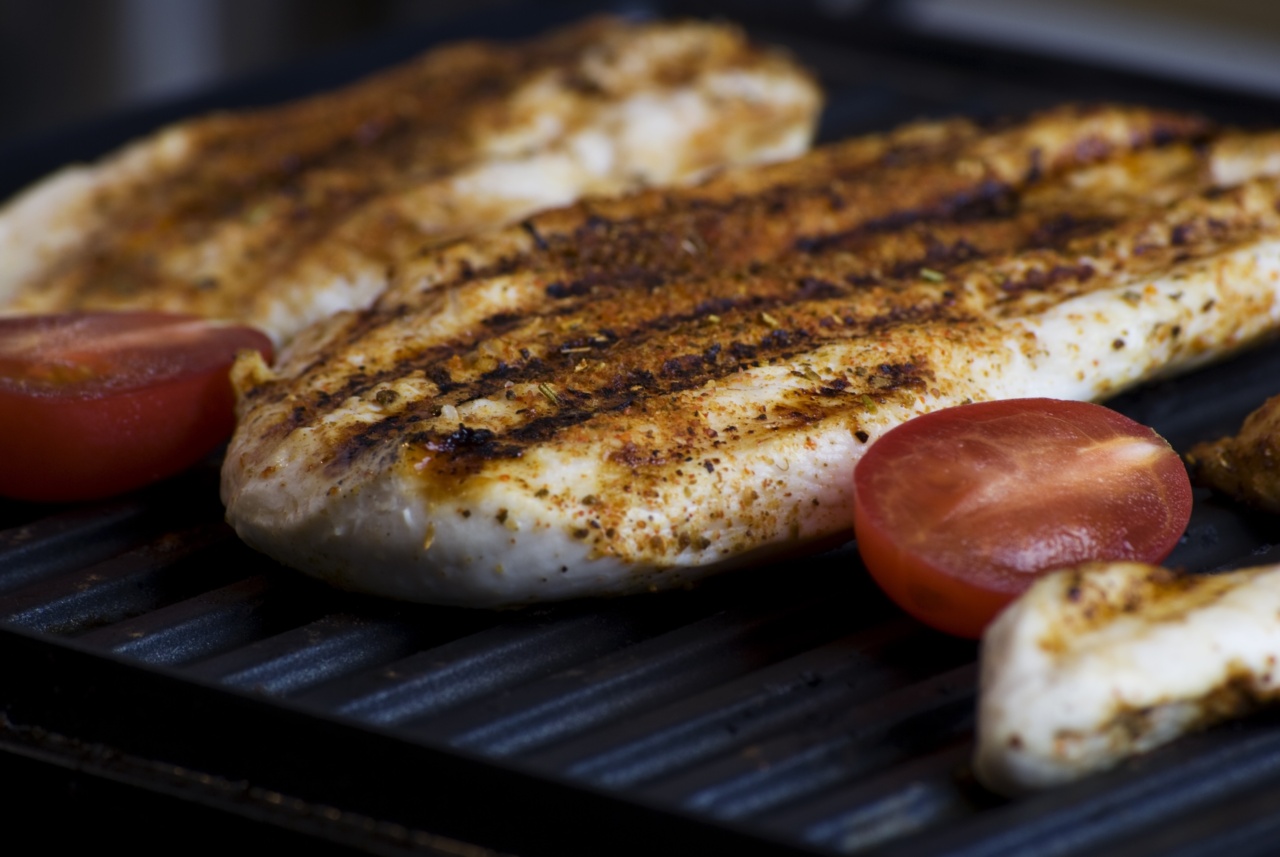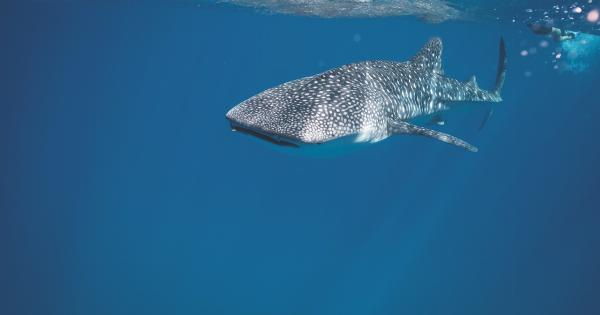Food waste is a significant global issue that not only has negative environmental impacts but also contributes to economic losses.
According to the Food and Agriculture Organization (FAO) of the United Nations, approximately 1.3 billion tons of food are wasted each year. This waste includes all stages of the food supply chain, from production to consumption.
The Problem with Meat, Chicken, and Fish
Meat, chicken, and fish are highly perishable food items that require specific care to maximize their lifespan. These protein sources are particularly susceptible to spoilage, which can lead to food waste if not properly managed.
Understanding how to prevent waste and increase the longevity of these products is crucial for both consumers and the food industry.
Proper Storage
One of the key factors in preventing food waste is ensuring proper storage conditions for meat, chicken, and fish. These items should be kept at temperatures below 40°F (4°C) to slow down bacterial growth and maintain their freshness.
Refrigerators and freezers should be set at the appropriate temperature to ensure the longevity of these perishable items.
Safe Handling and Preparation
Another important aspect of preventing food waste is safe handling and preparation of meat, chicken, and fish. Cross-contamination should be avoided by using separate cutting boards and utensils for raw and cooked foods.
Hands should be washed thoroughly before and after handling raw meat, chicken, or fish to prevent the spread of bacteria.
Freezing Techniques
Freezing is a great method to extend the lifespan of meat, chicken, and fish. Proper freezing techniques can help preserve the quality and safety of these products.
When freezing, it is essential to remove excess air from the packaging to prevent freezer burn. The food should be labeled with the date of freezing to keep track of its freshness.
The Role of Vacuum Sealers
Vacuum sealers are handy tools for preventing food waste, especially when it comes to meat, chicken, and fish. These devices remove air from the packaging, creating an airtight seal that helps preserve the food’s quality and prevent spoilage.
Vacuum-sealed items can be stored in the refrigerator or freezer for an extended period without compromising their taste or texture.
Marinating for Preservation
Marinating meat, chicken, and fish before cooking can not only enhance flavor but also help extend their lifespan. The acid in marinades, such as vinegar or citrus juices, acts as a natural preservative, inhibiting bacterial growth.
Additionally, the inclusion of herbs and spices in marinades can also contribute to the preservation of these protein sources.
Meal Planning and Portion Control
Proper meal planning and portion control can go a long way in preventing food waste. By carefully planning meals, individuals can ensure they buy only the required amount of meat, chicken, or fish, reducing the possibility of excess food going bad.
Additionally, practicing portion control during meal preparation can help prevent leftovers that may end up being wasted.
Proper Cooking Temperatures
Cooking meat, chicken, and fish at the right temperatures is essential not only for taste but also for safety. Undercooking can lead to the presence of harmful bacteria, while overcooking can result in dry and unpalatable dishes.
Using a meat thermometer is a reliable way to ensure these protein sources are cooked to the appropriate internal temperatures, guaranteeing both safety and quality.
Utilizing Leftovers
Leftovers from meat, chicken, and fish dishes can be transformed into new meals, reducing waste and maximizing the usage of these protein sources.
Utilizing leftover meat in sandwiches, salads, or stir-fries, for example, adds variety to meals while reducing the need for additional ingredients. Proper storage of leftovers is crucial, and they should be consumed within a safe timeframe to avoid spoilage.
Donating Excess to Charities
In situations where there is excess meat, chicken, or fish that cannot be consumed before spoilage, donating to local charities or food banks is an excellent option. Many organizations accept perishable food items and distribute them to those in need.
By donating, not only is food waste minimized, but also those who are less fortunate can benefit from these valuable protein sources.
Conclusion
Preventing food waste is a collective responsibility that requires proper knowledge and practices.
Maximizing the lifespan of meat, chicken, and fish involves understanding storage techniques, safe handling, appropriate freezing methods, and utilizing leftovers effectively. By implementing these strategies, individuals and the food industry can make significant strides in reducing food waste and its environmental and economic consequences.





























